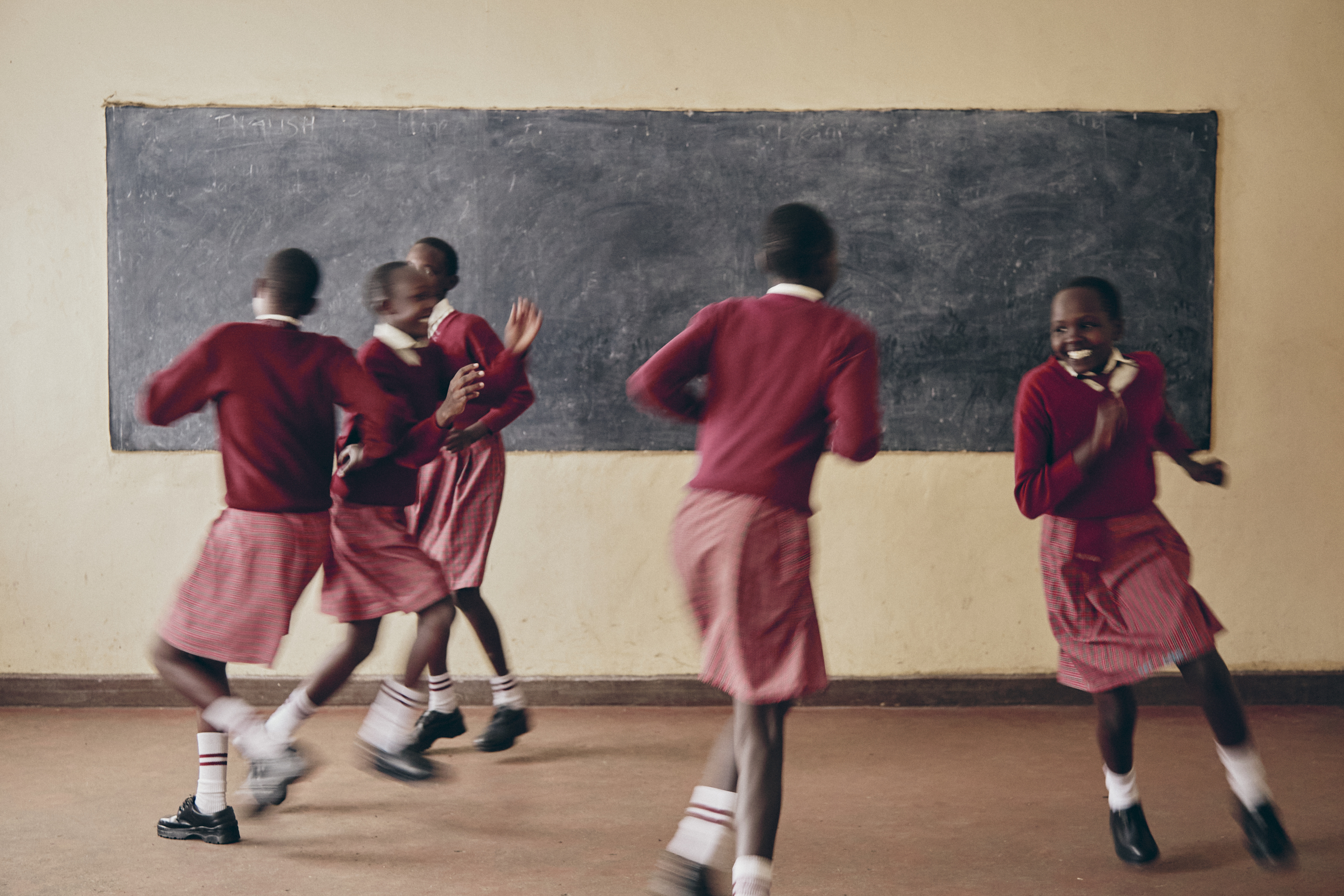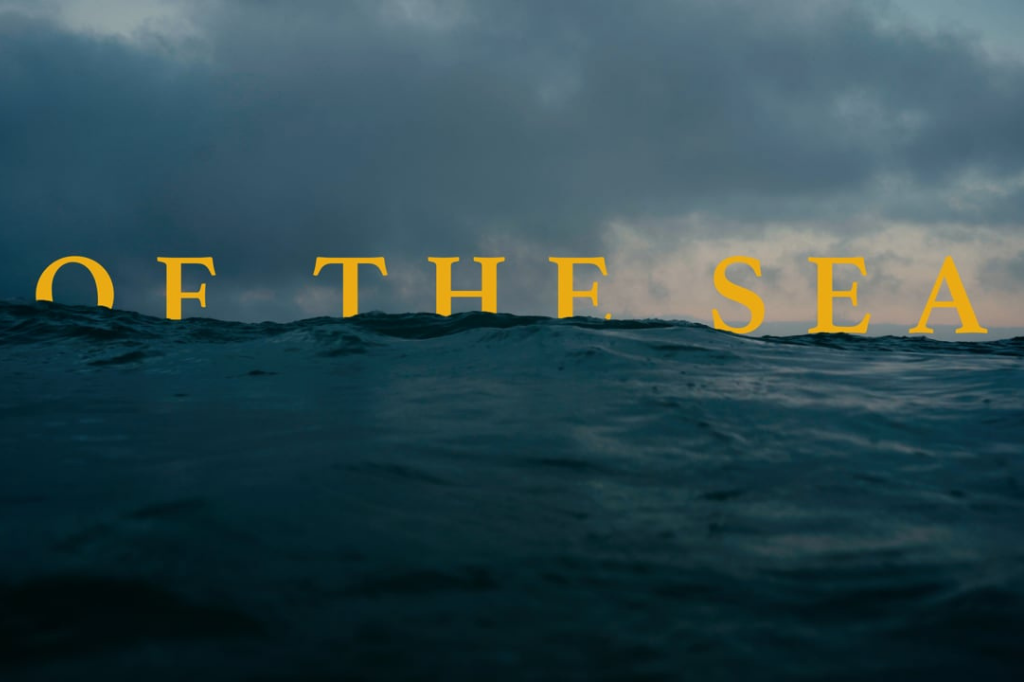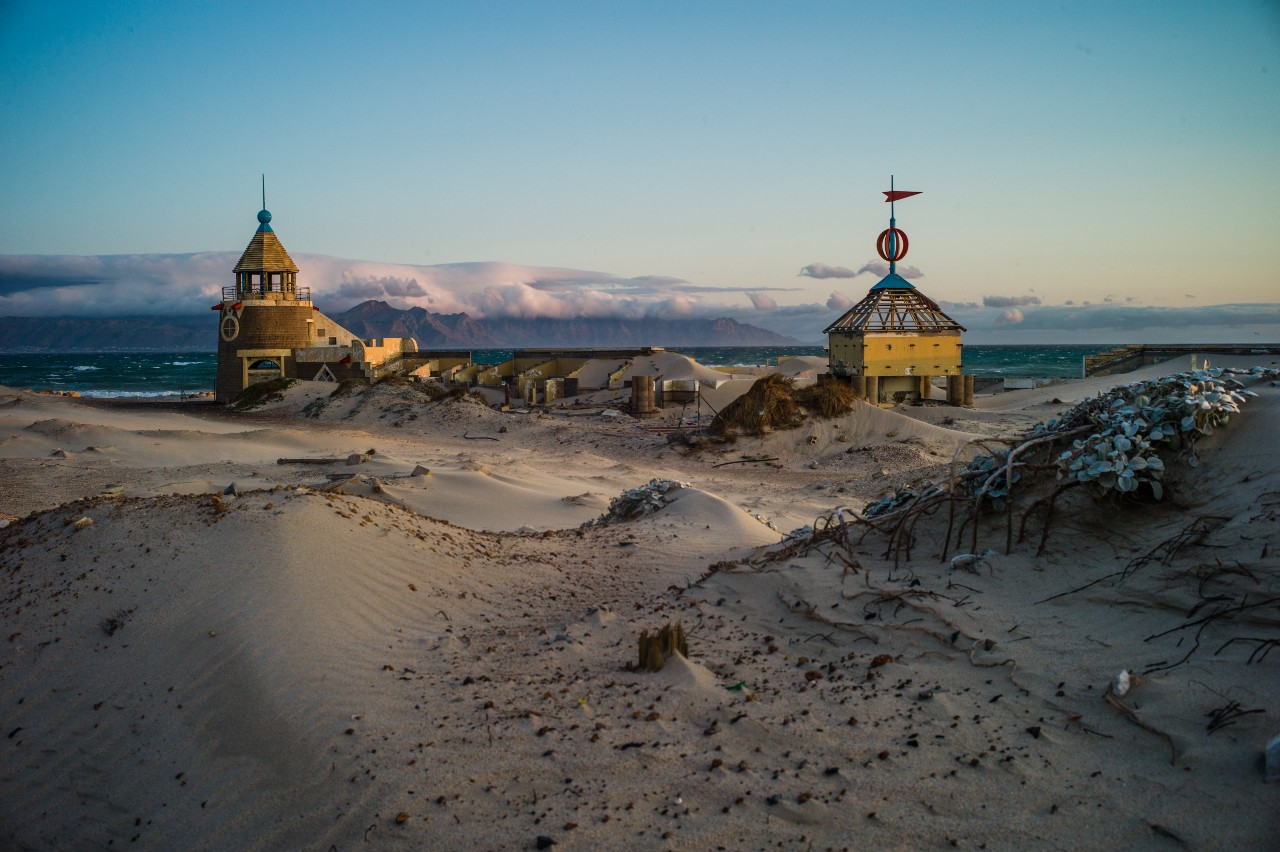ReWild Africa is a storytelling collective and longtime friends of the Orms brand. They use the medium of film to bring to light the environmental challenges we are currently facing. Working with the businesses, innovators and changemakers who value our beautiful planet, ReWild aims to find solutions for creating a wilder world for all of us to appreciate and look after. This process can be referred to as “rewilding”.
We sat down with their team to find out more about the incredible work they are doing. Grab a cup of tea and enjoy the full, eye-opening interview below.

First off, we’d love to open this discussion by asking about the name. What does “rewild” / “rewilding” mean and why do you believe it is more vital than ever today?
To simplify the idea of Rewilding (from academics to enthusiasts) Rewilding essentially means to invite nature back into the world. Why? The short answer is because our natural biodiversity is under threat of the mass extinction as a result of the anthropocene (a new term for our geological age, wherein human activity has been the dominant influence on climate and the environment). Collectively we need to claim responsibility for the damage that we’ve unleashed upon the natural world.
“We humans cannot be happy and whole, unless nature is happy and whole.” – Stephan Harding (Renowned Ecologist author of Animate Earth)
Rewilding is therefore work that helps us to not only create a thriving planet, but also a diverse and vibrant world that future generations can enjoy as we have. As Stephan Harding explained in the quote above, we can’t be healthy and whole, unless nature is healthy and whole. For our own psychological well being, we need biodiversity and nature in our lives.
Scientifically, Biodiversity has a direct feedback loop with our climate, allowing for us to live within conditions that are conducive to life. If we continue to degrade our ecosystems, there will be nothing left to regulate the climate, which will inevitably make it more difficult to survive on our planet.
Here are some of the principles of Rewilding:
- The ecosphere is based on relationships. Rewilding our hearts and minds is fundamental. Thus, a crucial first step toward widespread societal embrace of rewilding is to accept, celebrate, and activate the principle of “relationship”, the essential function and ethic that sustains life on Earth.
- Making hopeful stories come to life. Rewilding is about telling the story of a richer, more vital future but also about executing successful projects–empowering others to support and join this movement by demonstrating positive results.
- Embracing natural solutions and thinking creatively. Rewilding can help solve environmental, social, and economic problems. Conservationists should design and implement rewilding projects in ways that are ambitious, innovative, proactive, strategic, opportunistic, and entrepreneurial.
- Protecting the best, rewilding the rest. Conserving the most intact remaining habitats and key biodiversity areas, as well as working to recover lost interactions of nature at all levels and restore habitat connectivity in land–and seascapes at every scale, shows the complementarity of rewilding and traditional approaches to nature protection.
- Letting nature lead. As in medicine, rewilding efforts should emphasize helping nature’s inherent healing powers gain strength, with the goal that management interventions would decline or cease over time. Humility will allow us to cede control, enabling restored natural processes to shape dynamic land- and seascapes of the future.

What is ReWild’s mission and what creative mediums are you using to fulfill that mission?
ReWild’s mission is to find solutions to Ecological Restoration, we hope to do this through partnering and working with organisations, large companies, and individuals that seek to have both an environmentally and socially aware approach to business, as well as contributing to human capital. The vehicles that drive us toward this mission are film (storytelling), education, and deep experiences in the Kruger National Park.
We do not just choose any story that comes our way, we actively seek them, as we are curious to learn more about their role as a solution to ecological restoration. It is important to be clear here that sustainability is much more than just recycling your plastic. It goes much further than this, as it is about engaging with how we can go beyond this toward restorative and regenerative practices. This is where Biomimicry, our first online educational course comes in. As a Rewilder, we need tools and methods to apply to create this new thrive-able planet.
The Immersions in the Kruger National Park are based on experiential learning. When we are cognitively and physically engaged, there comes a deeper sense of learning. Like we have created corridors and fences on land, so have we made them in our minds. Reconnecting our psyche with the natural world, gives us the opportunity to self-realize and understand our own unique being.

Let’s talk about the origin story. When did you identify the need for ReWild and how did you go about getting it off the ground?
ReWIld was conceptualised when co-founders Alistair and Sam hiked through the trails of Southern Africa for Google Maps. Sam’s education in Sustainability and Conservation, brought the importance and need for rewilding and building corridors to help deal with the incredible loss of biodiversity we are facing, and Alistair came from a background of engineering and work for a conservation company called Peace Parks Foundation. Through hiking these landscapes, we spoke about the need to create a voice for the wild through communication strategies that highlighted the complex issue of conservation, whilst also trying to bring value to the natural world, rather than seeing it as a commodity belonging to us.
In addition to this, co-founder Sam studied at the Sustainability Institute in Stellenbosch followed by a Masters in Ecological Design thinking at Schumacher college in the United Kingdom. These studies brought to light the overwhelming evidence of our impact as a species on this place we call home. During this time, the realisation hit home that we cannot exist on this planet without biodiversity. If you look at the planetary boundaries below, you will see highlighted in red, where we are having the greatest impact. This very diagram was the first representation of the problem to Sam. He then dedicated all of his research and studying into how we might overcome this problem. Ali and Sam discussed this in depth over their hiking, and they came to the conclusion that we need to first preserve what we have, whilst also looking to find solutions to restorations through building wildlife corridors that may help encourage diversity to thrive again.

ReWild predominantly uses film as a vehicle to tell stories that matter. Why do you believe that film is such a powerful medium and uniquely suited to serving your mission?
Firstly, ReWild likes to say that we are more of a storytelling company than a film business. Stories have followed us throughout human history, and are effective in the communication process. Within our stories we are often working with scientific data. What is clear is that we struggle to make the necessary changes when we approach communication strategy with a heavy focus on the rational, thinking mind. We seek to marry the head with the heart in our films, followed by a call to action that creates agency.
What is also useful about film, is that the lens allows you to get backstage, and be exposed to the many stories, projects that are out there making a difference in the world. In a way we are modern day explorers tracking our way toward a world that embraces a holistic approach to how we live on this planet, whilst sharing these stories to shed light on solutions to ecological collapse.

In addition to creating immersive films, ReWild offers guided real-life experiences into the wilderness of incredible locations like the Kruger National Park. Can you share a bit about the purpose of these explorations, what the experience of one is like, and the resulting impact you have seen these experiences have on the lives of participating individuals?
Deep Experiences with the natural world allow us to deeply question our relationship with it, which then creates commitment to instill greater respect for that which nourishes our daily lives. The experiences facilitated are based on the philosophies of Arnae Naess, who coined the term, Deep Ecology. With ReWild Experiences Guide and Ecologist Sam Chevallier (co-founder of ReWild) facilitates immersive experience with the bush that is generally in silence throughout the day. The only talking that happens, is the dialogue facilitated around the campfire, regarding the organising principles of Deep Ecology. Please see the principles below.
- The well-being and flourishing of human and non-human life on Earth have value in themselves. These values are independent of the usefulness of the non-human world for human purposes.
- Richness and diversity of life forms contribute to the realization of these values and are also values in themselves.
- Humans have no right to reduce this richness and diversity except to satisfy vital needs.
- The flourishing of human life and cultures is compatible with a substantial decrease of the human population. The flourishing of non-human life requires such a decrease.
- Present human interference with the non-human world is excessive, and the situation is rapidly worsening.
- The dominant socio-political living situation must therefore end. This will affect basic economic, technological, and ideological structures. The resulting state of affairs will be deeply different from the present.
- The ideological change is mainly that of appreciating quality (dwelling in situations of inherent worth) rather than adhering to an increasingly higher standard of living. There will be a profound awareness of the difference between big and great.
- Those who subscribe to the foregoing points have an obligation directly or indirectly to participate in the attempt to implement the necessary changes.

The third and final pillar of ReWild is education, more specifically in the form of online courses. ReWild is currently offering a course in “biomimicry”. What is biomimicry and what value can one derive from this course?
Biomimicry is essentially learning from nature’s forms, processes and systems that have been evolving for 3.8 billion years. As a species we are still very young in comparison to the age of the Earth. Therefore applying these tried and tested principles learnt from evolution, we as humans can begin to not only reduce our negative impact, but also start contributing to the flourishing of life on this planet that we share.
ReWild Africa values communication that enables an audience to go beyond just being inspired, but to also learn new skills to help them become regenerative in their practices.
This is why we are so excited to have partnered with Learn Biomimicry to bring a series of online biomimicry courses to life. Co-founders Jessica Berliner and Claire Janisch, have consolidated their years of biomimicry education experience into online courses that give you the professionally distilled “wow & how” of biomimicry, in an accessible, engaging format:
Please go to our website more about the course. We will also be launching some new courses in 2021!
Learn Biomimicry inspires and enables our members to create their own vision of a thriving future, by expertly guiding them into–and through–their personal biomimicry practice, through the use of high-quality online courses, transformative outdoor experiences, and professional mentoring.

What changes can individuals make today to promote both rewilding and biodiversity in nature and personal, psychological rewilding in their own lives?
We can all begin by trying to practically bring nature back into our lives, by physically planting indigenous fauna into our gardens or streets will bring back an array of different species. In Cape Town for example, we have begun planting Erica’s and Proteas that have helped bring back the Cape sugarbird and the orange breasted sunbird. Building small food gardens based on permaculture principles, can help encourage strong and nutritious soil. Which will then create habitat and a food source for numerous other creatures such as worms and butterflies. Walking and observing natural life that exists within your context, is another way to see and notice what is around you.
If you are a landowner, try and get an ecologist or naturalist over to find out more about your local fauna and flora. Specifically, what species you might have on your property that is endemic to your area.
If you really want to go further, you could find out what vulnerable species are in Cape Town, and you can actively try and find seedlings, or transfer unprotected ones to more safe and hospitable places.
Beyond this bring yourself and people you love closer to nature, by learning what species of birds are in your garden, go for more walks outside, and make your office and home environments more natural.
You can find out more about the incredible work ReWild Africa is doing by checking out their website, or following them on Facebook, Instagram and YouTube.






